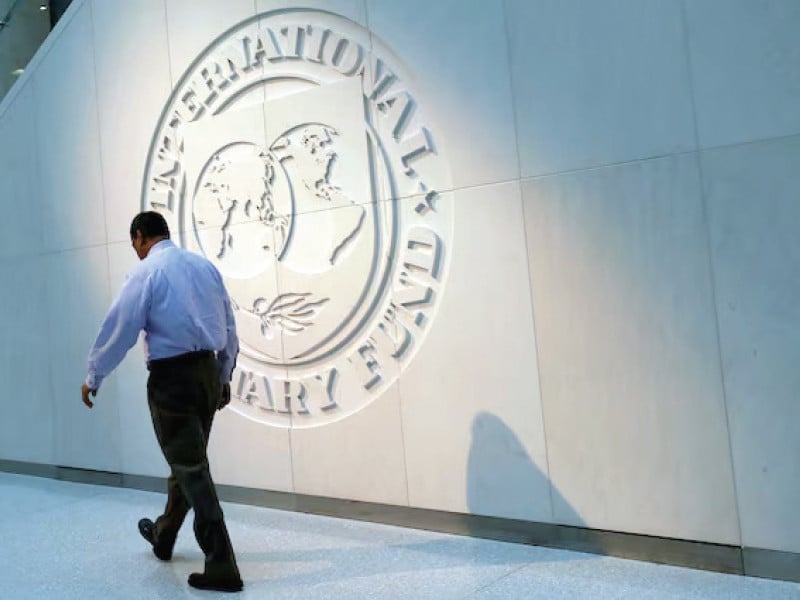
The government has quietly expanded the scope of the traders' scheme to include shops located in residential areas, as uncertainty looms over the approval of the $7 billion International Monetary Fund (IMF) programme due to a financing gap and ad-hoc relief for electricity consumers.
A few days ago, the federal government extended the retailers' scheme to cover 100-square-foot shops in residential areas, which were previously exempt from the fixed income tax of Rs100 to Rs60,000 per month, according to government sources. This move was necessary to address IMF objections regarding the narrow base of the new scheme.
However, due to growing pressure from traders and the Jamaat-e-Islami, the government has kept this decision under wraps. The changes were made in the Tajir Dost Special Procedure notification to meet IMF concerns, said the sources. The government has partially amended the exclusion clause from the notification, which exempted shops of 100 square feet or less located in a residential area from the scope of the new scheme. But the revised gazette notification has not been made public to avoid backlash.
Federal Board of Revenue (FBR) spokesperson Bakhtiar Muhammad did not reply to a request for comments.
A senior FBR official stated that the government would reveal the notification at a politically opportune time. He confirmed that traders doing business in residential areas have now been brought under the fixed income tax scheme.
Last month, the government implemented the new scheme for traders with the aim of collecting Rs50 billion during this fiscal year 2024-25. However, certain exclusions, mainly related to 100-square-foot shops and the Rs100 fixed rate on 50-square-foot commercial area shops, have made it challenging for the FBR to meet this target.
So far, around 62 traders have entered the tax net out of an estimated millions, contributing just Rs115,000 towards the Rs50 billion target. The government's decision to expand the scheme quietly highlights its weakening political resolve to defend crucial economic decisions. This development comes amid a lack of certainty about the holding of the IMF executive board meeting this month. Finance ministry sources indicated that efforts are being made to ensure the meeting takes place before the end of August, as announced by Finance Minister Muhammad Aurangzeb.
There have been no official statements on the matter, with both the IMF and the finance ministry remaining tight-lipped. The finance minister publicly stated that the IMF board would approve the loan tranche by the end of August. The IMF management has conditionally circulated Pakistan's case for approval, noting that the country has not yet fully filled the external financing gap. China has not yet rolled over its maturing foreign commercial loans, leaving a financing gap to be addressed before the board meeting, according to sources.
Recently, the finance minister stated that all three bilateral creditors have agreed to roll over $12 billion worth of cash deposits. The central bank Governor, Jameel Ahmad, mentioned last week that Pakistan also needed a $4.4 billion commercial loan rollover by China. Punjab's unilateral decisions to provide a Rs14 per unit electricity subsidy to consumers using up to 500 units monthly and distribute Rs700 billion worth of rooftop solar panels are seen as contrary to the spirit of the $7 billion structural reforms programme.
Finance ministry sources noted that the Rs14 per unit electricity subsidy also includes Rs3 per unit in sales tax, complicating matters related to the IMF.
In a meeting with Ahmed Abdelaal, President of Mashreq Bank, held on Monday, Finance Minister Muhammad Aurangzeb mentioned that the IMF was expected to approve Pakistan's programme, though he did not confirm whether the IMF Board would meet this month.
The IMF's new programme targets traders, agriculturalists, and exportersthe three sectors that are not paying taxes commensurate with their contributions to the economy.
The coalition government had announced the traders' scheme for all dealers, distributors, retailers, manufacturer-cum-retailers, importer-cum-retailers, or any person involved in the supply chain of goods doing business in 42 cities. Out of these 42 cities, 25 are in Punjab, seven in Sindh, six in Khyber-Pakhtunkhwa, three in Balochistan, and one in Islamabad. Previous attempts to bring traders into the tax net have been unsuccessful, including compulsory door-to-door registration during General Pervez Musharraf's tenure.
The government has also imposed a nominal tax of Rs100 per month on shops up to 50 square feet in commercial areas, makeshift shops, kiosks, or small shops measuring no more than 5x3 square feet, instead of charging normal progressive income tax. This amount was seen as insignificant.
This development comes amid a strike call given by the Central Organisation of Traders and All Pakistan Anjuman-e-Tajiran, which has announced a nationwide shutter-down strike on August 28.



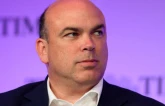




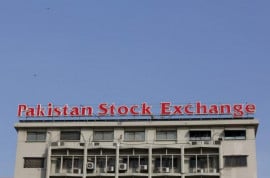
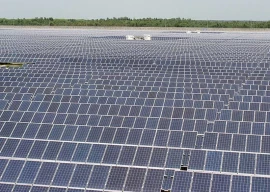

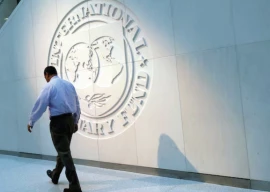

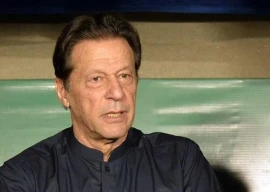

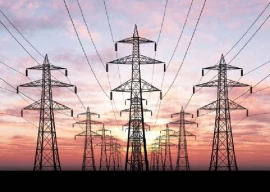
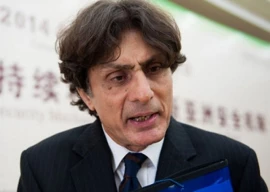
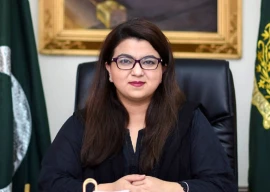






COMMENTS
Comments are moderated and generally will be posted if they are on-topic and not abusive.
For more information, please see our Comments FAQ